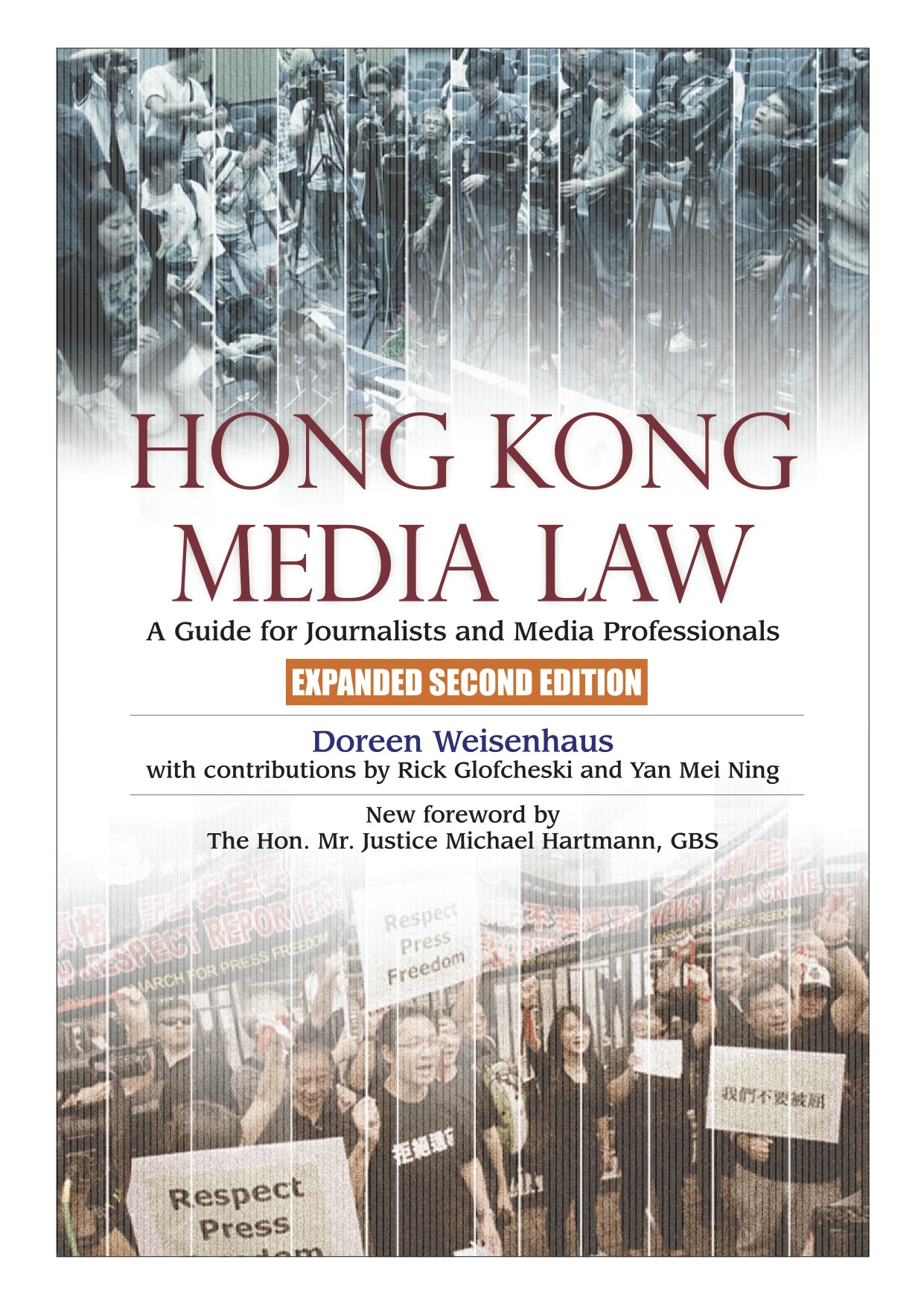May 24, 2016 (South China Morning Post) — Op-ed by Cliff Buddle — Whenever central government officials comment on Hong Kong’s judiciary, they court controversy. State leader Zhang Dejiang’s (張德江) remarks about the rule of law during his brief visit to the city last week were no exception.
The speeches he made in Hong Kong were generally well received and moderate in tone. Zhang, chairman of the National People’s Congress, did not shy away from sensitive topics and stressed the importance of adhering to the “one country, two systems” concept. He made a point of distinguishing between localism and calls for Hong Kong independence, stating that the city’s “compatriots should be respected for cherishing their characteristic way of life and values”.
The importance Zhang attached to maintaining Hong Kong’s separate system is welcome, amid growing concerns about an erosion of the city’s autonomous powers and separate identity.
But his comments about the judiciary were not so well received. Zhang, the first state leader to visit Hong Kong since the Occupy protests of 2014, described the rule of law as being one of the city’s core values. No one would argue with that.
However, he went on to say: “Everyone is equal before the law, no one can act above the law, and no offenders can evade legal sanctions for any reason. We hope that the SAR government and the judiciary will effectively fulfil the sacred duty of maintaining the rule of law while strictly enforcing laws and ensuring fair administration of justice.”
Zhang added: “We must not make concessions to law-violating behaviour. Society as a whole should also severely condemn such behaviour, which clearly touches on the bottom line of the rule of law.” He did not elaborate further.
For some, his comments were a reference to the Occupy protests and the more recent Mong Kok riots. They imply the government or the judiciary (or both) has tolerated illegal behaviour and allowed offenders to escape punishment…
It is more likely Zhang had in mind the perceived failure to punish a number of suspects involved in the Occupy and Mong Kok riots. Since Occupy, the judiciary has come under fire from pro-establishment groups and politicians for what they see as judges letting offenders off the hook.
The Department of Justice felt the need, last year, to issue a statement reminding people of the importance of the independence of the judiciary. This followed the use of slogans such as “The police arrest, the courts release” by critics of the courts.
